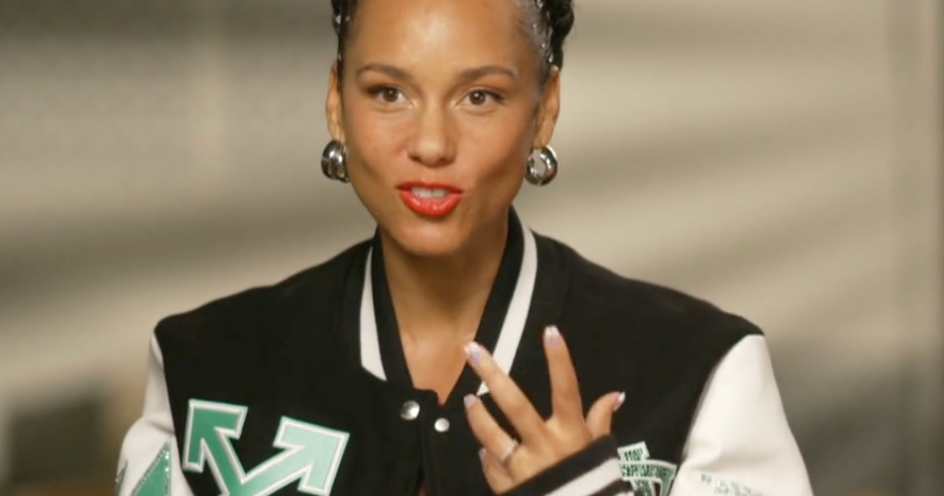Nonprofit teams up with Uber to deliver free Passover meals to housebound Holocaust survivors amid coroanvirus
The coronavirus pandemic is preventing many families from seeing each other — even during religious holidays like Passover, which begins on Wednesday. One nonprofit is making sure the most vulnerable people who can't leave their houses can still observe the holiday. The Met Council has teamed up with Uber to deliver free Passover meals to housebound Holocaust survivors in New York City.
In preparation for Passover, Jewish families traditionally rid their homes of non-kosher food and plan a Seder, a festive meal that in normal times brings extended families together to celebrate. However, many Holocaust survivors are now in their 80s or 90s, putting them in the most vulnerable age group for coronavirus. Seniors over the age of 65 are being advised to self-quarantine at home and many cannot even go out for the essentials, like groceries.
For those living in poverty, it's even more difficult, Met Council CEO David Greenfield told CBS News.
"We realized two very distinct problems sort of converged," Greenfield said. "The first is that 32% of the food pantries in New York City already shut down because of the crisis. ... Second problem is that the homebound elderly are stuck at home and literally have no way to get food because they're quarantined."
This sparked an idea for Met Council to deliver free Passover meals. Greenfield said Met Council is the largest provider of services to low-income Holocaust survivors in the U.S., helping about 3,000 survivors a year. In addition to resources for Holocaust survivors, Met Council also operates kosher food pantries and soup kitchens for Jewish families living in or near poverty.
Greenfield said one woman in her 60s, who lives in Brooklyn, called him about her mother, who is a Holocaust survivor in her 90s living in Queens.
"The daughter has coronavirus and she can't leave the house. And she would normally deliver food to her mom, but she can't go out, so she was begging us to do this," Greenfield said. "So, we thought about it and said, 'OK, let's do something, let's do it with private funds,' because you can't get the government to turn around that quickly."
From there, this Passover pilot program was born. Using kosher food that Met Council already had in their warehouse, volunteers put together Passover boxes filled with traditional items like matzoh, grape juice, and fish, Greenfield told CBS News.
Volunteers and Uber Eats drivers, provided by Uber for free or at a discounted rate, helped the Met Council deliver hundreds meals before Passover. "We started with 300 but the demand was so great, we moved up to 500," Greenfield said.
"There are some 20,000 low-income Holocaust survivors who live in New York, we're just really getting this started," he said. "The reason we teamed up with Uber is because Uber has a reputation for excellence. ... Essentially, we're the first charity in the country to use Uber Eats technology to delivery food pantry food to seniors' homes."
This is part of Uber's goal to provide 10 million free rides and food deliveries for those in need during coronavirus. Uber started by giving free rides and meals to health care workers, and has now provided more than 300,000 free meals to first responders and rides to other frontline workers, a company rep told CBS News.
"It feels good to give back to the community," said Uber Eats driver Sheldon Samuels. "I just want to do my part to help people. it's very compelling to help people from the Holocaust."
On Friday, Uber Eats drivers like Samuels began picking up the boxes at a distribution center in South Brooklyn and delivering them to homes across the borough. They will continue to do so through Tuesday. Seniors don't need a smartphone to order the boxes themselves, because Met Council is arranging everything for them.
"The feedback has been overwhelming and emotional and exceptional," Greenfield said.
"One volunteer told me that after he delivered to a Holocaust survivor — she was behind a door, of course, and for safety reasons we won't open the door — she asked if he could stay a few minutes so she could talk to him," Greenfield said. "And she was telling him that she's in her 90s and the Holocaust was, of course, the worst experience in her life, but this is worse in a different way because she's living in a 200-square-foot apartment on her own and there's no one to be with."
Greenfield said that the coronavirus pandemic exposed two crises: "One is a health care crisis and one is a crisis of vulnerable New Yorkers who, in many cases, don't have access to the basic staples," he said. "Think about the people who are poor and have no family and are going through the worst in life. ... We need to make sure all seniors who are homebound have access to food. That's why we've piloted this program."




